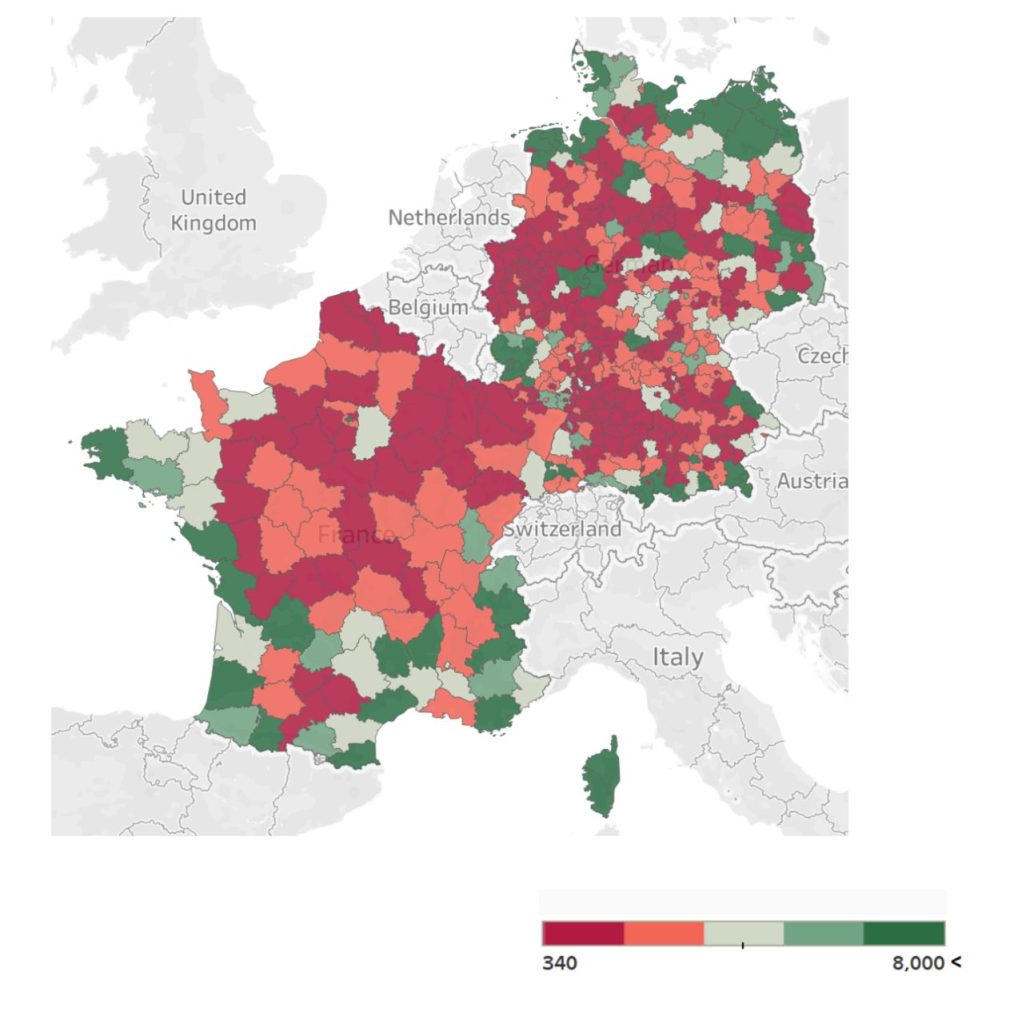- Spend eight to ten hours a week on their project across the duration of the programme
- Attend to workshops and team meetings
- Work in teams of four to five students coming from different academic backgrounds
- Be flexible: as in a real-life challenge, students will have to learn as they go. They might also have to pivot the direction of their project
- Follow a user-centered approach
Certificates
Consulting projects with external organisations
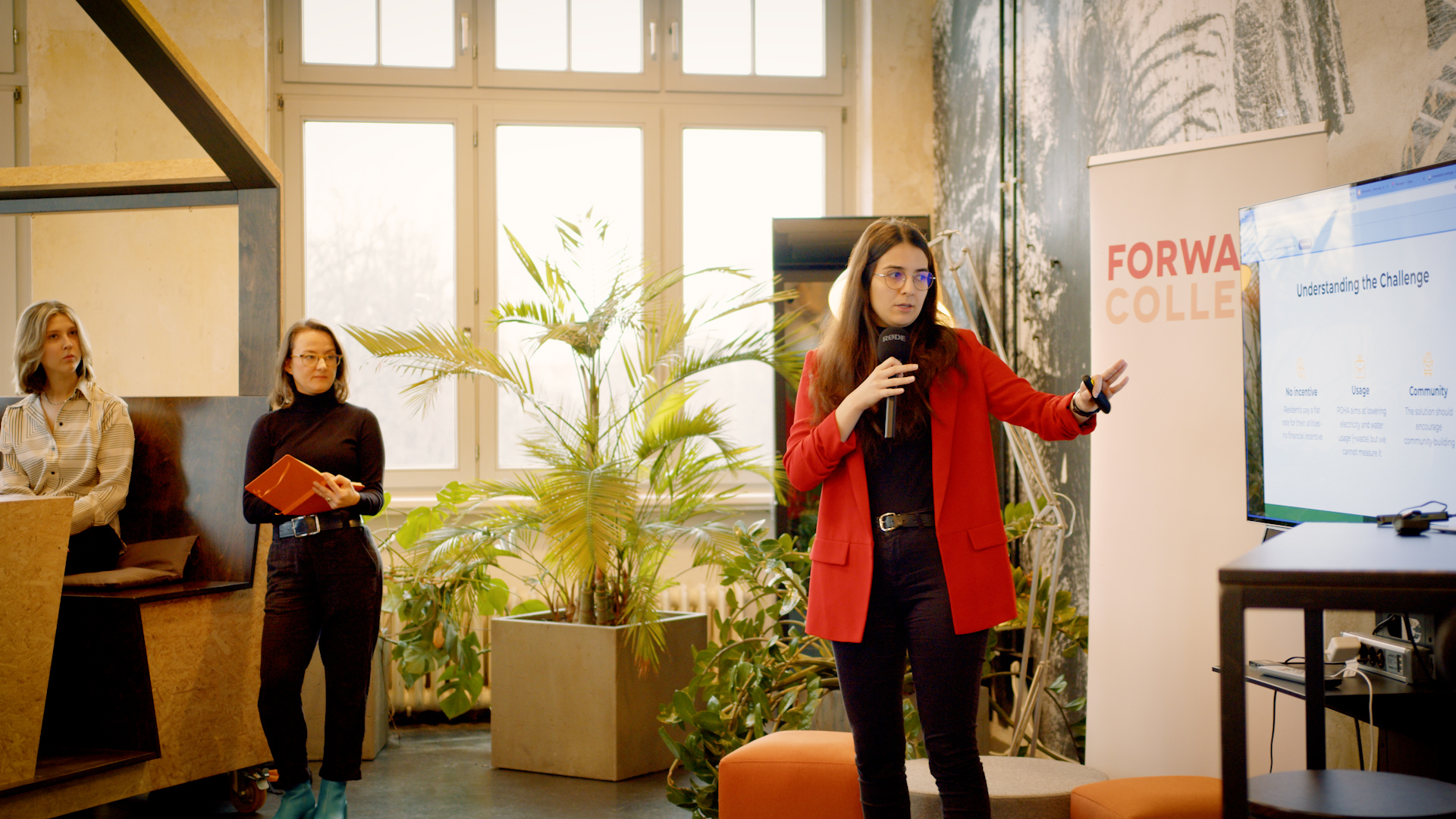
You will become part of a consulting team that will assist organisations in solving some of their most strategic challenges. Each student team will partner with a different organisation, whether it’s a corporation, a startup, an NGO, or a governmental body. Assignments will encompass designing products/services, formulating business strategies, or refining internal processes.
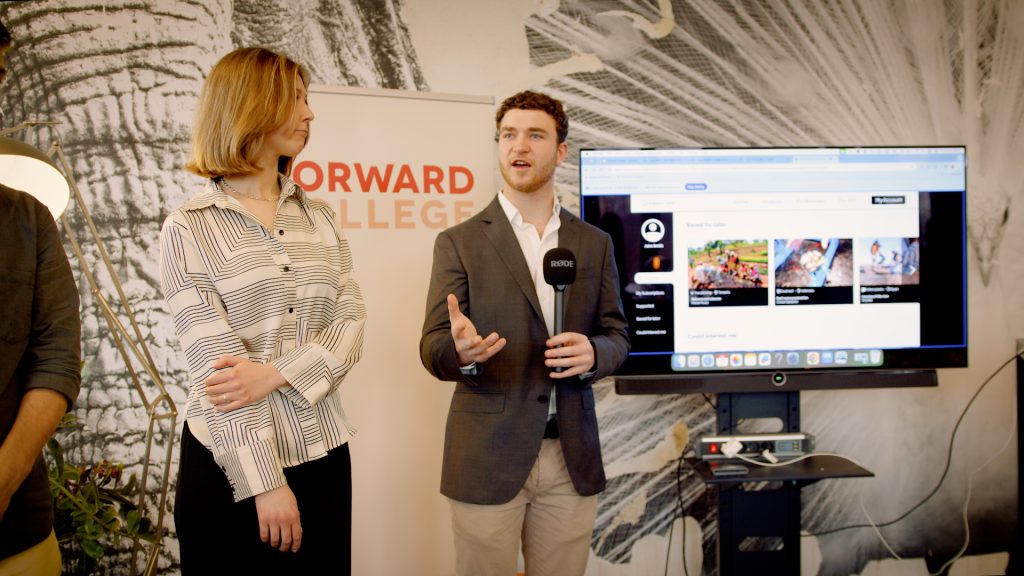
How?
The course is structured around a human-centered design approach, which emphasizes user research and prototyping. Meetings will be conducted using the agile framework and students will put their digital skills into practice. Evaluating the business viability of your solution is integral to this course; you’ll be delving into market analyses, business modeling, and some cost estimation. Interacting with your project partner is another central component. Your project will be segmented into three milestones, each providing an opportunity to collect feedback and refine your solution.
The building blocks of
the programme
- The quality of three different deliverables: a user research report, a low fidelity-prototype and an implementation plan. These will be evaluated by both your leadership fellow and your project partner.
- Your engagement. Group work is a strong component of this course. Your proactiveness will be evaluated by your colleagues and a leadership fellow.
- A concrete work experience that will impress future recruiters
- A professional network that will include your project partners
- A taste of what it is like to create an innovative solution inside an organisation, which involves pivoting, making compromises and gathering support among stakeholders.
Discover some of the projects our students worked on:
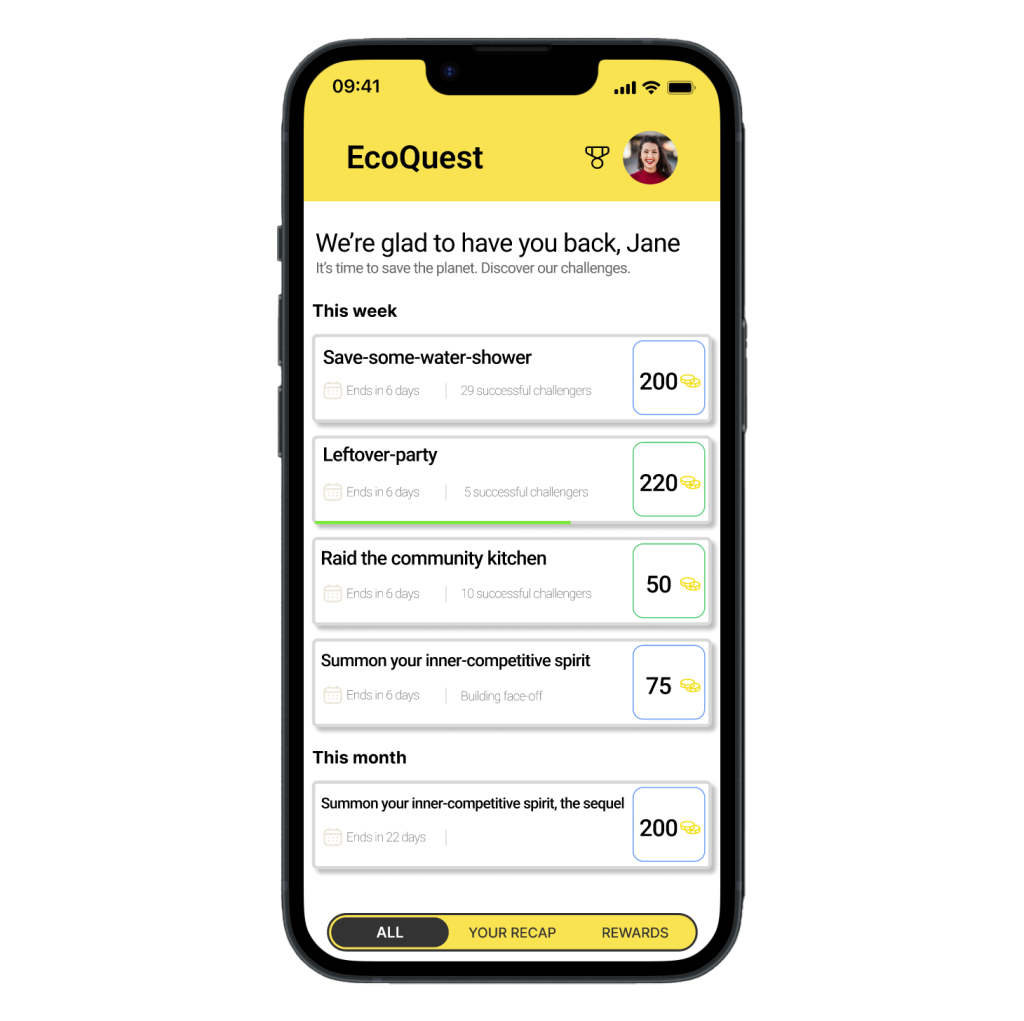
POHA House
Students prototyped a gamified app that encourages POHA residents to adopt more sustainable habits and reduce gas, water, and electricity consumption. They also produced a cost/benefit analysis of their solution, allowing management to assess the return on investment of their idea.

Impact Hero
For this project, students worked on several aspects of Grow My Tree, a product of Impact Hero. They tested new offers, updated the visual identity, developed a new pricing strategy, and created a new narrative, moving beyond CO2 offsetting to achieve a more holistic concept of positive impact.
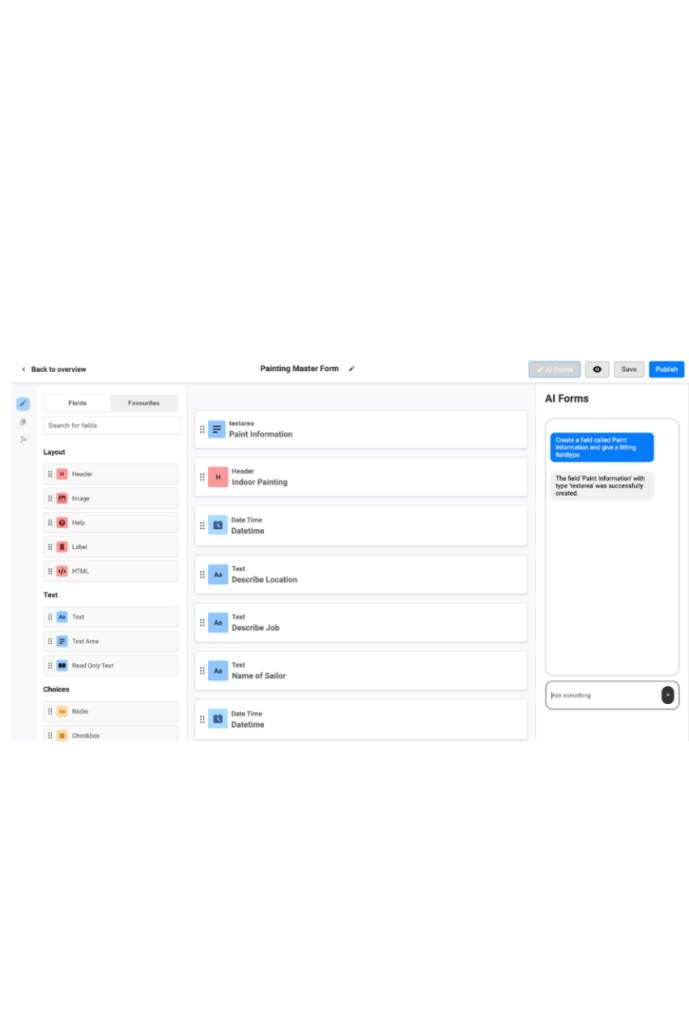
MoreApp
Students partnered with MoreApp, a Dutch SaaS that digitises forms, to enhance workflow efficiency in field operations. Their research revealed an opportunity to integrate AI-driven features into MoreApp’s platform, leading them to develop an interactive prototype that streamlines form creation and improves usability thanks to the integration of AI.
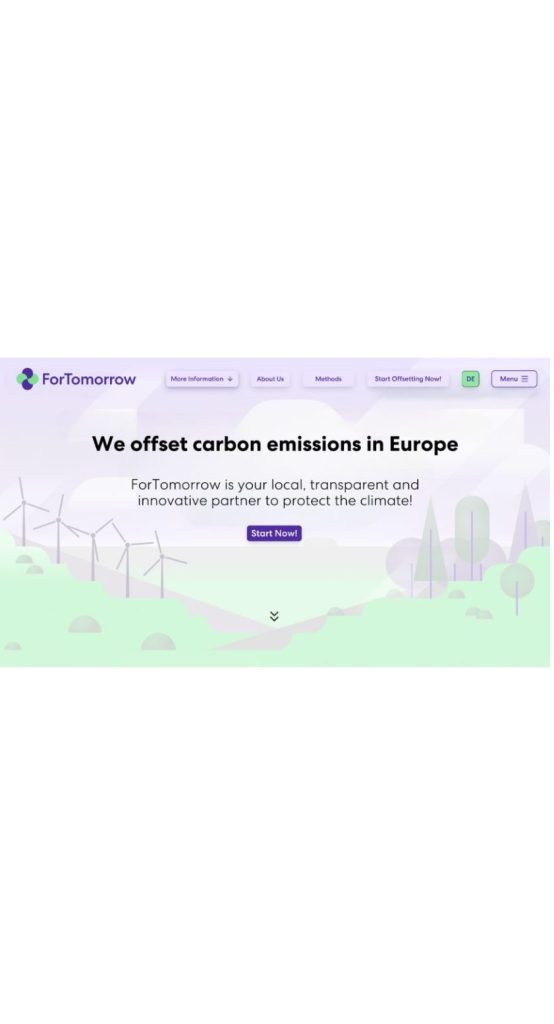
ForTomorrow
Through extensive research and interviews, students identified key opportunities to improve ForTomorrow’s communication and accessibility for business clients. They developed a prototype for redesigned B2B website pages and additional services, simplifying complex sustainability concepts with clearer navigation, visual storytelling, and tailored resources. Their solution makes it easier for businesses to engage with sustainability in a more accessible and impactful way.
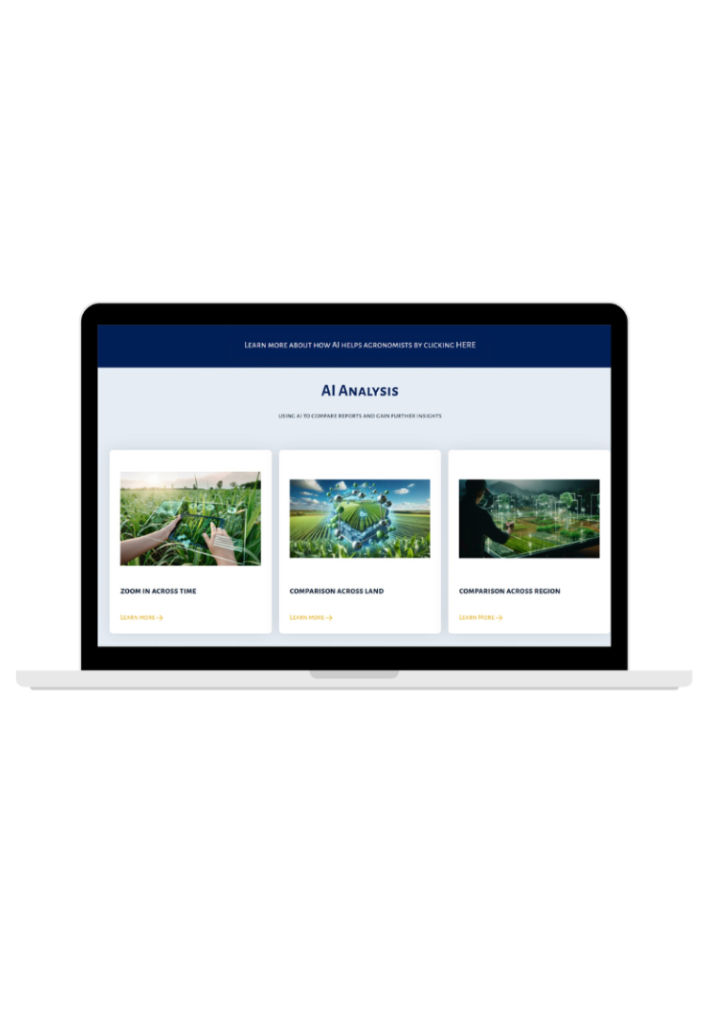
Yara
The team developed AgroDiary, a digital platform designed to enhance agronomists’ work by integrating community engagement, research access, client management and AI-driven insights into a single solution. Additionally, they conducted a competitor analysis and proposed a business model, providing Yara with valuable insights into the platform’s market potential and implementation needs.
